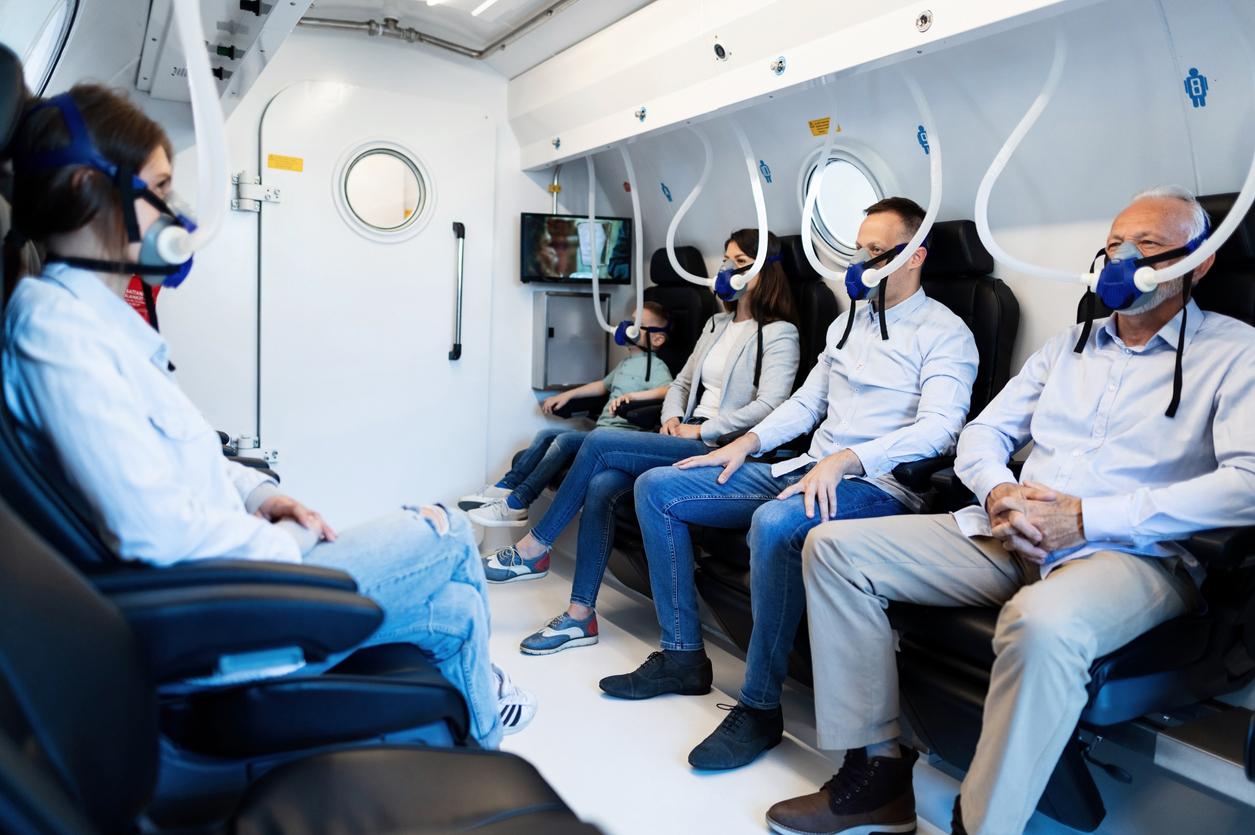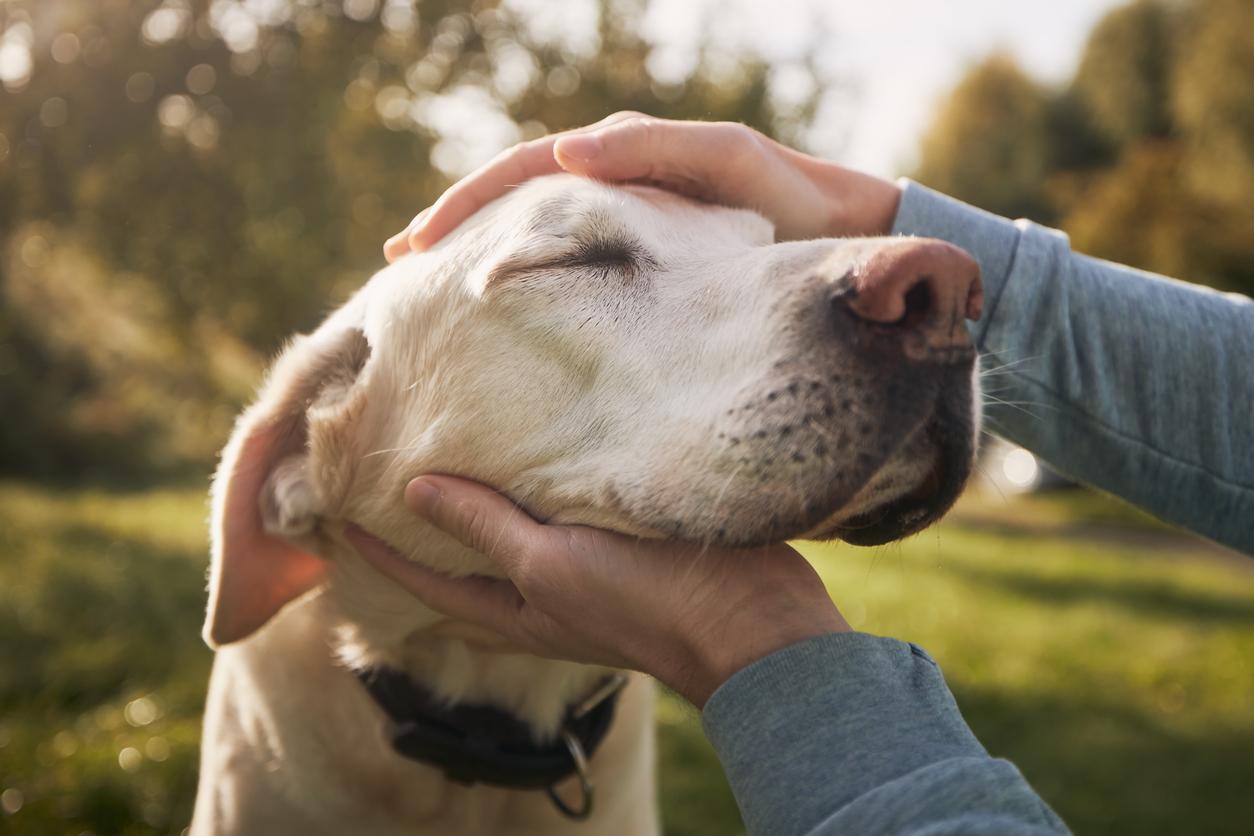Veterans suffering from post-traumatic stress disorder have fewer symptoms and a better quality of life when accompanied by a service dog.

- Researchers found that veterans who had a service dog had fewer symptoms of post-traumatic stress disorder.
- Their well-being and quality of life were also improved.
- The relationship between veterans and service dogs could lead to improvements in veterans’ health care, the study finds.
Post-traumatic stress disorder (PTSD) occurs when a person has experienced or witnessed a traumatic or life-threatening event. Military personnel are among the occupations at risk for this mental health condition, according to a new study from the University of Arizona published in JAMA Network Openservice dogs are valuable allies in helping veterans overcome anxiety and challenges.
PTSD: Fewer Symptoms and Increased Well-Being with a Service Dog
To assess the benefit of service dogs for veterans with PTSD, researchers recruited 156 veterans with the disorder. Eighty-one participants were paired with a trained companion animal at no cost. In the case of this mental disorder, the dogs are taught, for example, to retrieve medication. They can also perform actions aimed at relieving anxiety, such as snuggling or leaning against their owner when they detect increased anxiety in their owner.
All volunteers had regular access to existing medical care. This could be traditional treatments such as therapy and medications or complementary care such as acupuncture or meditation. In addition, veterans who had a service dog took a three-week course that included 40 hours per week of instruction on care, training and interaction with the animal.
The veterans’ well-being and mental health were measured at the start of the experiment and three months later. Results showed that patients who worked with service dogs had fewer PTSD symptoms, fewer feelings of isolation, and lower anxiety and depression. Their quality of life also improved. In addition, they were 66% less likely to be diagnosed with the disorder by a professional after three months with their pets.
“We see these significant changes in almost every domain we measured after just three months of service dog partnerships,” notes the study’s lead author, Sarah Leighton. “In some ways, this is remarkable given that, on average, service dog partnerships can last eight years or more. We see that veterans in the service dog group have better quality of life and lower symptom severity.”

Assistance dogs: an effective complementary “care”
“We know that veterans with post-traumatic stress disorder have a difficult time.”recalls the scientist in a communicated. “Suicide rates among veterans with PTSD are about one and a half times higher than among civilian adults, and they also have very high rates of other conditions like depression and anxiety. We’re really looking to identify complementary interventions that can support veterans with PTSD and hopefully improve their health.”
And for Sarah Leighton and her team, their work shows that offering an assistance dog to people suffering from post-traumatic stress can be “a very effective complementary medical intervention.”
The researchers plan to conduct a new study in 2025 with 216 veterans to determine the most effective way to integrate service dogs into the treatment of the disease and to further evaluate the effects of the human-animal partnership.

















